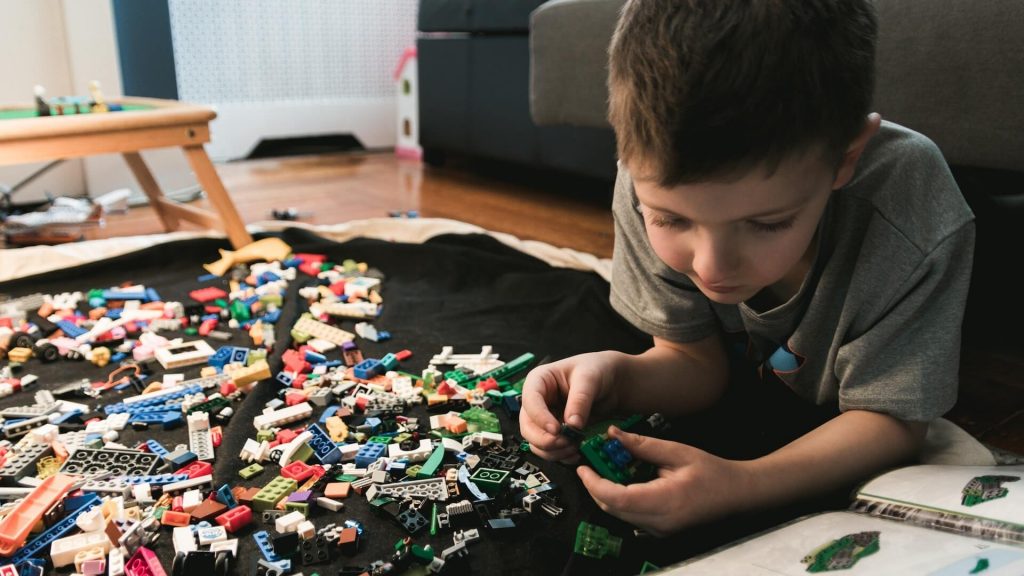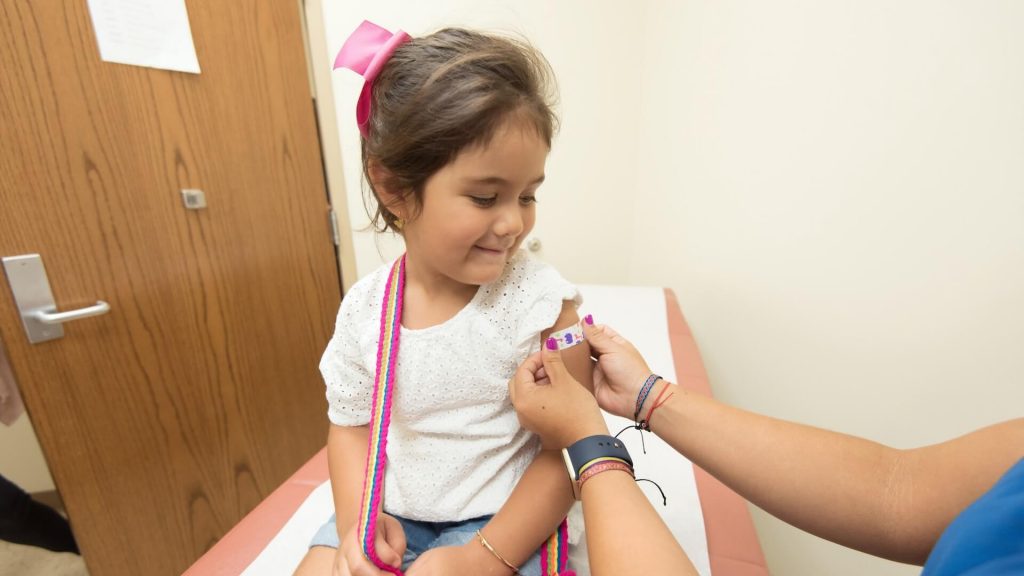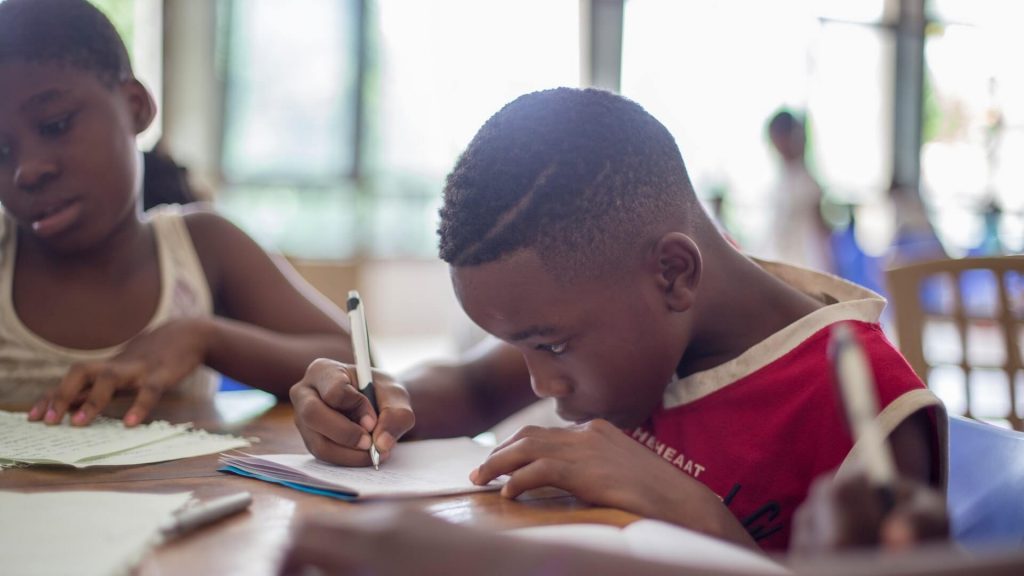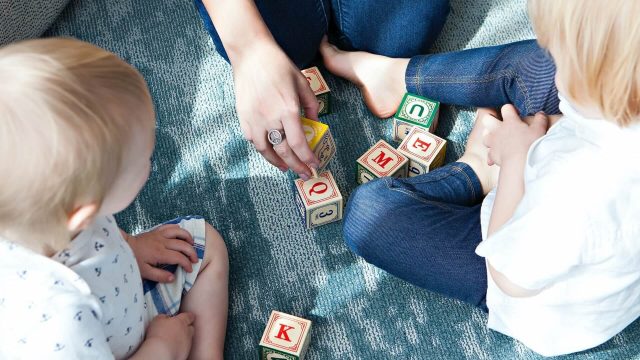Comprehensive Life Skills Every Child Should Learn
Parenthood is a profound journey marked by a desire to provide our children with the tools they need not just to survive but to thrive in the world. While academic excellence is essential, it’s equally crucial to impart practical life skills that can help them navigate life’s complexities. In this comprehensive guide, we’ll explore in-depth the practical life skills every child should learn. These skills transcend the classroom and prepare them for a successful, self-sufficient adulthood.
Cooking

Cooking is a fundamental life skill that extends beyond meal preparation. It empowers children with an array of abilities that contribute to their independence and well-being. Start with age-appropriate tasks, such as washing vegetables, peeling fruits, and stirring ingredients. As they gain confidence, progress to more complex tasks like chopping and using kitchen appliances under supervision.
Beyond cooking techniques, teach them the basics of nutrition. Explain the importance of balanced meals, the various food groups, and the nutritional value of different foods. Help them understand portion sizes and how to read food labels. Encourage them to plan meals and create grocery lists. By mastering cooking and nutrition, children not only foster independence but also develop lifelong healthy eating habits.
Basic Cleaning and Organization

A clean and organized living space is conducive to productivity, physical well-being, and mental clarity. Teaching children to take responsibility for their environment is an essential life skill. Start with the basics of tidying up their rooms, making beds, and organizing toys and belongings. As they grow, involve them in more comprehensive cleaning tasks like vacuuming, dusting, and mopping.
When it comes to organization, guide them on how to declutter and create efficient storage solutions. Encourage them to maintain order in their study spaces by organizing books, supplies, and assignments. Use practical examples to illustrate the benefits of an organized environment, such as finding items easily and reducing stress. These skills instill responsibility, organization, and a sense of pride in their surroundings.
Time Management

Effective time management is a skill that can significantly impact a child’s academic success and overall well-being. Begin by introducing them to the concept of schedules and routines. Help them create daily schedules that encompass schoolwork, extracurricular activities, leisure time, and chores. Teach them the importance of prioritizing tasks based on deadlines and importance.
As they advance in age, encourage them to use digital tools like calendars, planners, and to-do apps to manage their time efficiently. Teach them to set realistic goals and break larger tasks into smaller, manageable steps. Explain the value of time estimation, which involves gauging how long tasks will take, to prevent over-scheduling. By mastering time management, children develop a skill that will serve them well throughout their academic and professional lives.
Financial Literacy

Financial literacy is a critical life skill that directly influences a person’s quality of life. Start teaching children about money by giving them allowances and guiding them on how to save a portion of it. Explain basic financial concepts such as income, expenses, and budgeting.
As they get older, introduce them to more advanced concepts, such as distinguishing between needs and wants, setting savings goals, and understanding the power of compound interest. Encourage them to track their spending and savings in a simple ledger or digital app. Discuss various savings options, including piggy banks, savings accounts, and long-term investments like stocks or bonds. Through financial literacy, children gain the knowledge and confidence to make sound financial decisions throughout their lives.
Communication Skills

Effective communication is the cornerstone of healthy relationships, both personal and professional. Encourage your children to develop excellent communication skills by teaching them how to express themselves clearly and assertively.
Practice active listening and teach them to understand and respect others’ perspectives. Role-play scenarios to help them navigate difficult conversations and conflicts, emphasizing the importance of remaining calm, empathetic, and open-minded during disagreements.
Explain the nuances of verbal and non-verbal communication, including body language and tone of voice. Encourage them to ask questions and seek clarification when they don’t understand something. By mastering these communication skills, children become adept at building meaningful, respectful relationships and navigating social situations with confidence.
Problem Solving

Problem-solving is a versatile skill that permeates every aspect of life. Foster your child’s critical thinking abilities by encouraging curiosity and analytical thinking.
Present them with age-appropriate challenges that require creative solutions. For example, engage them in activities like puzzles, riddles, and brain teasers to stimulate problem-solving skills. Teach them problem-solving techniques, such as breaking down complex problems into smaller, manageable parts, brainstorming multiple solutions, and evaluating the potential consequences of each choice.
Encourage them to ask questions and seek answers, nurturing their natural inclination to explore and learn. By developing these problem-solving skills, children become more adaptable and resilient, capable of tackling challenges with confidence and resourcefulness.
Basic First Aid

Knowledge of basic first aid can be a lifesaver in emergencies. Start with the fundamentals, teaching your children how to handle common injuries like cuts, burns, and bruises. Show them how to clean and dress wounds properly, emphasizing the importance of cleanliness to prevent infection.
Discuss the importance of calling for help in more serious situations and how to provide clear information to emergency services. Make first aid kits accessible and familiarize your children with the items inside. Teach them how to use items such as bandages, antiseptic wipes, and adhesive tape. By mastering basic first aid, children not only gain the confidence to handle minor injuries but also develop a sense of responsibility to assist others in times of need.
Self-Care

Promoting self-care encompasses both physical and emotional well-being. Teach your children about the importance of regular hygiene practices, including bathing, brushing teeth, and maintaining clean clothes. Encourage physical fitness by explaining the benefits of regular exercise, such as improved physical health and stress reduction.
Additionally, provides guidance on managing stress and emotions. Teach them relaxation techniques like deep breathing, meditation, or progressive muscle relaxation. Discuss the importance of expressing feelings in healthy ways, such as journaling, talking to a trusted friend or family member, or seeking professional help if necessary.
Help them understand that self-care is an ongoing process that contributes to a healthier and happier life. By mastering self-care, children develop resilience and emotional intelligence, essential skills for navigating life’s challenges.
Decision-Making

The ability to make informed decisions is a skill that evolves with age and experience. Allow your children to make age-appropriate decisions from an early age. Encourage them to consider consequences, pros, and cons before making choices.
When they face the outcomes of their decisions, engage in discussions about what went well and what could have been done differently. Avoid rescuing them from every mistake, as experiencing the consequences of their choices in a supportive environment is a powerful way to develop decision-making skills.
As they grow, involve them in family decisions such as choosing family activities, planning vacations, or deciding on home improvements. By experiencing decision-making in various contexts, children develop the ability to make well-informed choices independently.
Respect and Empathy

Teaching children to respect others and cultivate empathy is essential for building a compassionate and inclusive society. Model respectful behavior in your interactions with others, and encourage your children to do the same.
Discuss the importance of treating everyone with kindness and fairness, regardless of differences in race, gender, religion, or background. Encourage your children to celebrate diversity and learn about different cultures and perspectives.
Teach them to recognize and manage their emotions, helping them develop empathy for others’ feelings. Encourage them to stand up against bullying and injustice, fostering a sense of responsibility toward creating a better world.
Conclusion
As parents, we play a crucial role in shaping our children’s future. Equipping them with these comprehensive life skills goes beyond preparing them for adulthood; it empowers them to lead fulfilling lives and contribute positively to society.
By nurturing their independence in the kitchen, fostering responsibility through cleaning and organization, and teaching them time management, financial literacy, and effective communication, we provide them with invaluable tools.
We also empower them with problem-solving abilities, first aid knowledge, self-care practices, decision-making skills, and the capacity to respect others and empathize. These skills not only make our children self-reliant but also help them navigate life’s challenges with confidence and resilience.
As parents, let us embrace our responsibility to impart these essential life skills. Together, we can build a brighter future for the generations to come, ensuring that our children are well-equipped to face whatever life may bring their way.
